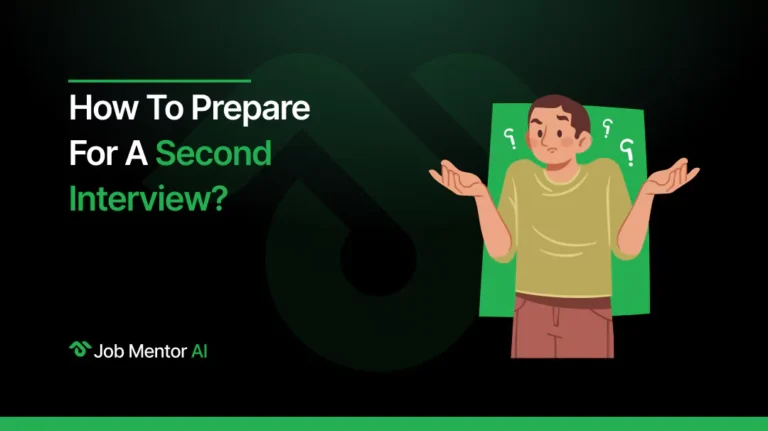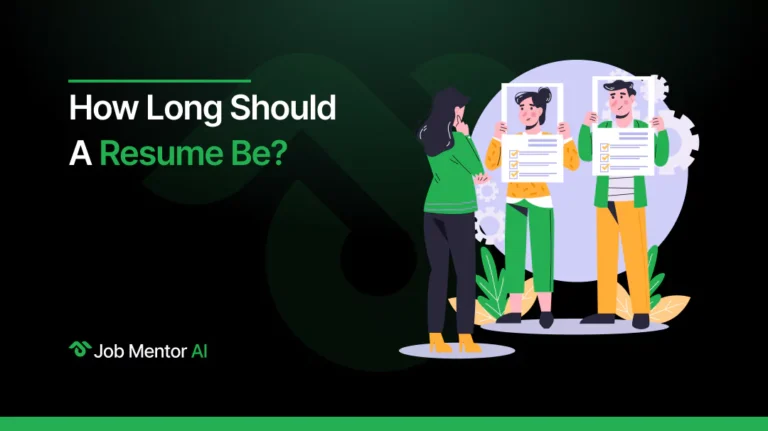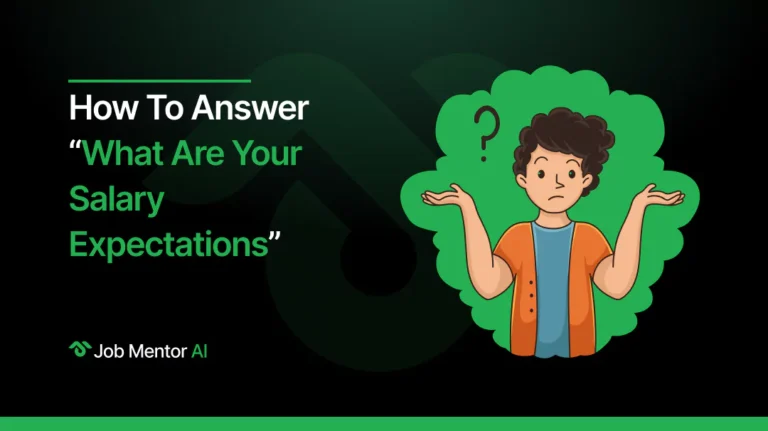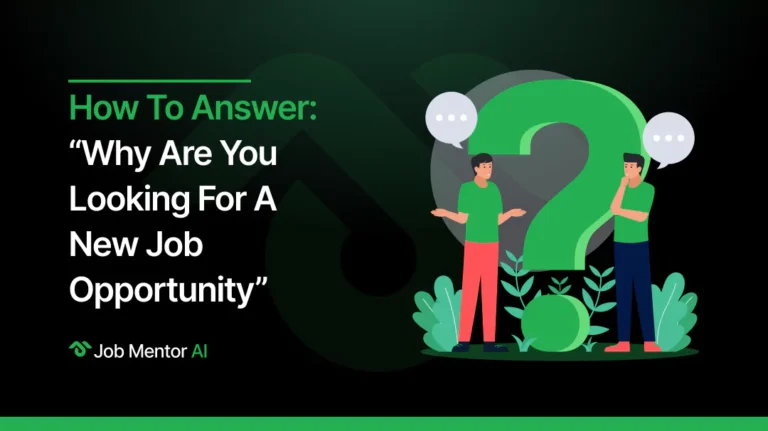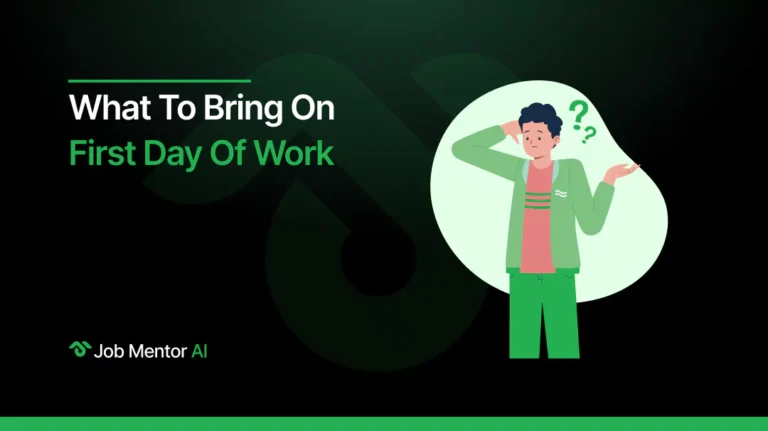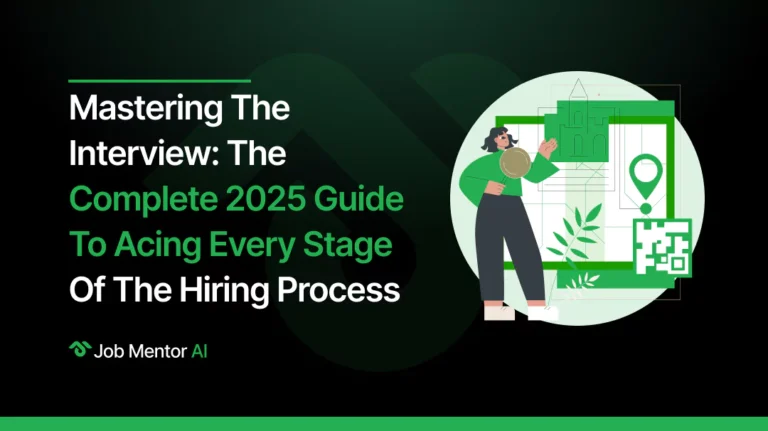Job interviews are nerve-wracking, but when the interview is informal, it can feel even more intimidating. Whether it’s for a potential job or an informational meeting with a company, knowing what to expect from an informal interview can help you feel more confident and prepared. In this post, we’ll break down everything you need to know about informal interviews and how you can prepare to ace them.
What Are Informal Interviews?
An informal interview is a conversation between a candidate and a potential employer that is typically less structured and more relaxed than a formal interview. It’s often an initial conversation where the goal is to get to know you better, see if you’re a good cultural fit, and assess your communication skills. Informal interviews can take place over coffee, during a walk, casually in an office setting or even on a call as a phone interview.
Informal interview are often part of a larger hiring process for different types of interviews. They allow both parties to build rapport without the pressure of a formal interview. Think of it as a “get to know each other” session.
If you’re looking to prepare for a job interview, an informal interview is a great way to practice engaging in a relaxed yet professional conversation.

What Are the Questions Asked in an Informal Interview?
You might be wondering how formal and informal interview questions differ. Honestly, the difference is not that significant. In an informal interview, the questions are often a bit more relaxed and personal. They might touch on your hobbies, what you enjoy reading, or a little about your personal journey. But don’t worry, the questions won’t get too personal. Instead, they will focus more on your career experiences, what excites you about your field, and your future goals.
While the interview might feel casual, the questions will still help you show your strengths and explain why you’d be a great fit for the role. Here are some examples of the kinds of questions you might encounter:
- Can you please Introduce Yourself?
- How do you see the future of this industry?
- What made you interested in applying for this role?
- Have you faced any challenges in your previous job? How did you resolve them?
- Where do you see yourself in the next 5 years?
One wonderful thing about informal interviews is that they give you the chance to ask questions as well. If there’s a pause in the conversation, feel free to ask something that shows your interest in the company. You might consider asking:
- What’s the culture like at your company?
- What made you want to meet with me after reviewing my resume?
- What kind of growth opportunities are available in this role?
- What do you enjoy most about working here?
- Can you share a bit about the team I’d be working with?
It’s best to avoid asking yes-or-no questions. Instead, try to ask ones that encourage more detailed responses. This way, you’ll not only learn more about the company but also show that you’re genuinely excited about the opportunity. Your questions will reflect your curiosity and preparation, helping you stand out as an engaged and thoughtful candidate.
Key Takeaway: Preparing questions to ask hiring managers is key to engaging in a meaningful conversation during informal interviews. This shows your interest in the company and helps you learn more about the role, demonstrating that you’ve done your research and are genuinely interested in the opportunity.

What to Expect from an Informal Interview
An informal interview is less about being tested and more about having a natural conversation. However, that doesn’t mean you should treat it lightly. Here’s what you can expect:
- Casual Setting: Expect a less rigid environment, often in a more relaxed setting such as a coffee shop or a casual office space.
- Conversations over Questions: While there will be questions, they may feel more like casual conversation rather than formal interview drills.
- Building Rapport: Since the goal is to assess if you’re a cultural fit, you may have more personal conversations, including talking about your hobbies, interests, and how you handle stress.
- A Chance to Ask Questions: It’s not just the interviewer who asks questions. You’ll also have the chance to ask about the company culture, the team dynamics, and the job responsibilities.
While an informal interview can feel more like a casual chat, make sure you still approach it professionally. Making a great first impression is key in any interview setting.
How to Prepare for an Informal Interview
Even though informal interviews are less structured, you should still come prepared. Here are a few tips:
1. Research the Company:
Familiarize yourself with the company’s mission, values, and recent news. This will help you have a meaningful conversation about why you’re interested in working there.
2. Review Your Resume:
Be ready to talk about your experiences and skills, but in a less formal way. Think about how you can weave your accomplishments into a natural conversation.
3. Prepare Your Questions:
Since informal interviews are often less structured, you can use the opportunity to ask questions that demonstrate your interest in the role. For instance, you might ask about the company culture or what a typical day looks like.
4. Dress Appropriately:
While you don’t need a full suit, dressing neatly and appropriately for the setting is still important. Look polished and professional, even in a casual environment.
5. Stay Relaxed and Be Yourself:
The key to an informal interview is authenticity. Don’t try to over-impress or be someone you’re not, just be yourself, and the conversation will flow more naturally.
Are you getting ready for an interview? Try using AI Mock Interview Practice to simulate different interview situations. It offers supportive feedback to help you improve your answers, tone, and delivery at your own pace.
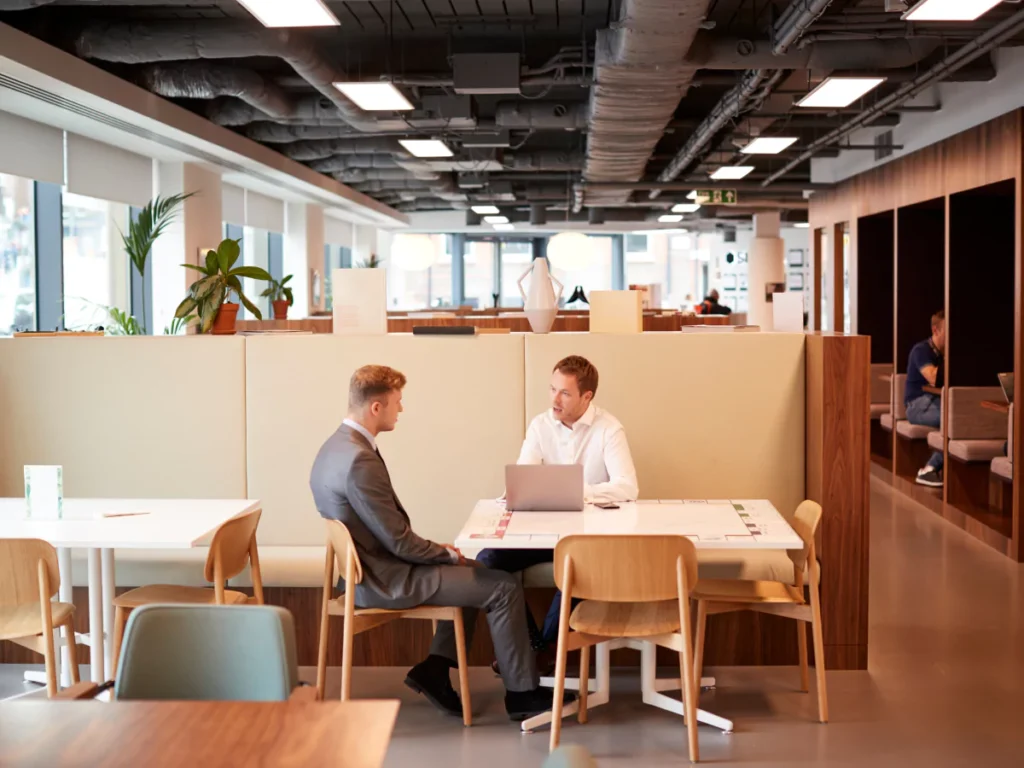
Key Takeaways
Informal interviews can be a fantastic opportunity to get to know the company and the team in a relaxed setting. The key points to remember are:
- Stay relaxed and treat it like a conversation, not a formal interview.
- Know the company and be prepared to explain why you’re interested in the role.
- Ask insightful questions that show your interest in the company and the job.
- Prepare yourself to discuss your skills and experiences in a way that feels natural.
- Make a great first impression by being professional, even in an informal setting.
Start practicing today with AI Interview Assistant to ensure you’re ready for any kind of interview, no matter the setting!
Table of Contents
Frequently Asked Questions
What do you mean by informational interview?
An informational interview is a casual conversation where you meet someone to learn more about a role, company, or industry. It’s not a job interview, but rather a way to gather insights, ask questions, and build professional connections.
Are informal interviews similar to prescreening interviews?
Yes, they can be. While informal interviews feel more casual, they often serve a similar purpose as prescreening interview questions, to evaluate your fit before moving to the formal stages of hiring.
What is the difference between a formal and an informal interview?
A formal interview is structured and often includes a panel or set format. In contrast, an informal interview is more relaxed and conversational. It may take place over coffee or in a casual setting, but it still gives the employer a chance to learn more about you.
What are unstructured and informal interviews?
An unstructured interview has no fixed format and can be either formal or informal. Informal interviews, on the other hand, are more relaxed in tone but may still follow a general flow. Both give room for natural conversation, but the setting and intent might differ.
What to wear to an informal interview?
It’s best to go for business casual. You want to look neat and professional without being overly formal. Think of clean, well-fitted clothes like a nice shirt or blouse and slacks or a modest dress. When in doubt, slightly overdress rather than underdress.
What is the purpose of the informal interview?
The main goal is to get to know you better in a more natural setting. It helps employers understand your personality, communication style, and how well you’d fit in with the company culture.
What to say in an informal interview?
Be yourself, but stay professional. Talk about your interests, experiences, and why you’re excited about the field or company. It’s also a great time to ask thoughtful questions and show genuine curiosity about the role and team.


